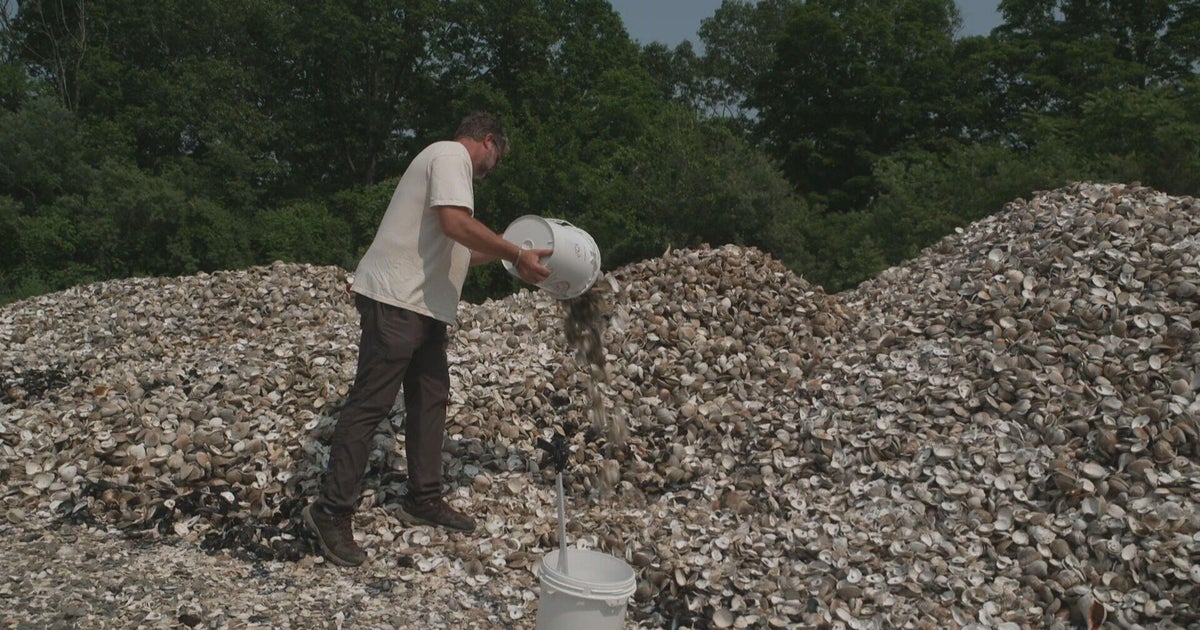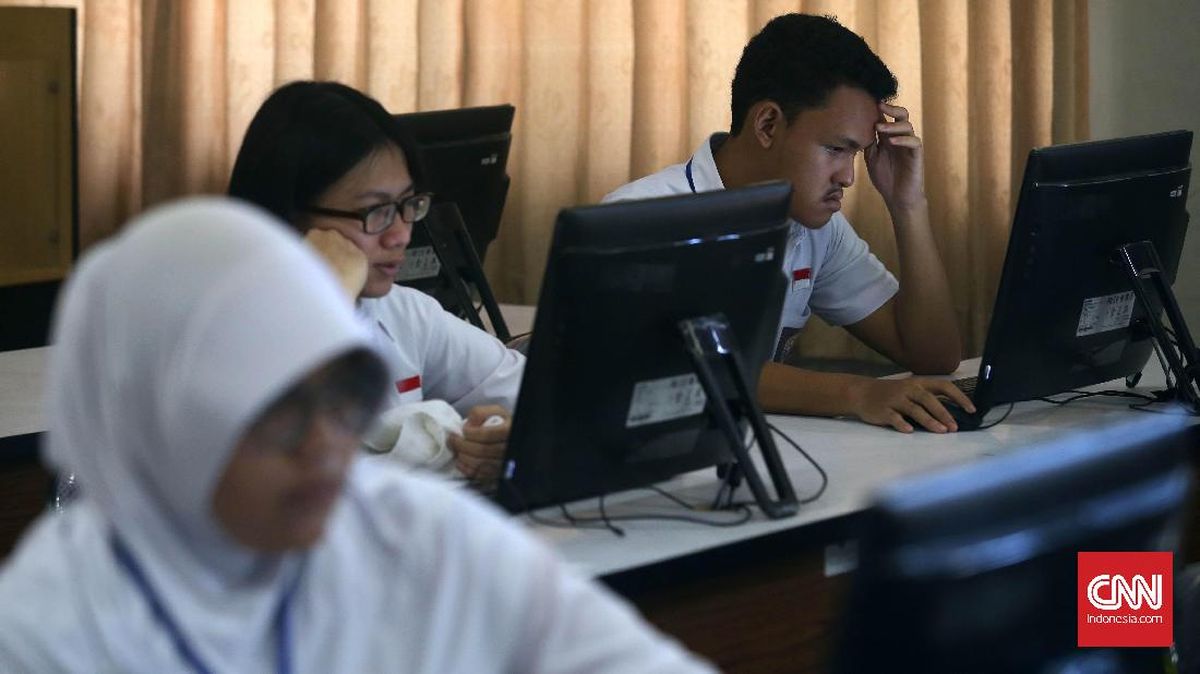Voters are lukewarm to any surprise reforms from Prime Minister Anthony Albanese, clearly oppose change to the GST and want the Coalition to work more closely with the government to reach consensus on new policies rather than oppose them outright.
The exclusive survey of more than 2300 people also shows Australians want the government to address issues around health and housing, with two-in-five prepared to make some sort of personal sacrifice to improve the nation.

Prime Minister Anthony Albanese has an increased majority, but voters are lukewarm towards any substantial reforms.Credit: Alex Ellinghausen/Monique Westermann
Albanese and Treasurer Jim Chalmers are heading a three-day economic roundtable next month, when issues ranging from tax to new technology are up for discussion. Chalmers has said his focus over this term of government will be to lift productivity levels, which have fallen to 60-year lows over the past decade.
This has prompted calls from business groups, unions and community organisations for major reforms, many of which are focused on elements of the tax system.
Loading
The poll, conducted by Resolve Strategic for this masthead, shows 36 per cent of those polled believe the government should use its record majority in the House of Representatives to undertake “major reforms”. But 32 per cent are opposed to such a move and believe it should stick to its mandate while 32 per cent are unsure.
Support for Albanese to use his majority is highest among Labor voters at 49 per cent, while among higher-income earners support is at 43 per cent. But among Coalition voters, support fell to just 28 per cent, and 45 per cent say the government should stick to its election promises.
When specific examples of reform was presented, support for change fell.
Just 20 per cent backed a change to the rate of the 10 per cent GST, with opposition at 47 per cent. Across every group, from Labor to low- and high-income earners, opposition to a different GST rate was high. At least half of retirees, people in marginal seats and Coalition voters oppose a new rate.
There was little support for a change to the base of the GST, with some proponents arguing it should be extended to areas such as financial services and fresh food. Just 23 per cent of those surveyed back such a move, with opposition at 40 per cent.
On Monday, the Labor-aligned McKell Institute released research into changing the capital gains tax concession in a bid to meet the government’s 1.2 million target of new homes by the end of the decade.
It found that lifting the current 50 per cent concession to 70 per cent for investors who build new apartments or units while cutting it to 35 per cent for those who bought existing detached homes would create an additional 130,000 properties by 2030.
The RPM poll showed support to axe or reduce capital gains tax concessions was the highest of any reform put to those surveyed. Thirty-six per cent backed a change to the concession, with 37 per cent unsure.
Opposition was at 27 per cent, although this was driven by Coalition voters, of whom 35 per cent did not support the move. Even among higher-income respondents, more people supported a change (38 per cent) than opposed it outright (31 per cent).
Labor went to the 2019 election, which it lost against expectations, promising an overhaul of both CGT and negative gearing.
The RPM poll shows less than a third of those surveyed agreed with either reducing negative gearing or axing it completely.
Just 31 per cent backed a change compared to 43 per cent who said they were unsure, while 26 per cent opposed.
Support was highest among Labor voters and high-income people (at 35 per cent), while support was lowest among Coalition supporters at just 26 per cent.
While the poll results are a warning to the government, they also contain a key message for the Coalition.
Just 18 per cent of respondents agreed the Coalition should oppose major reforms, with 57 per cent saying the Liberal and Nationals parties should negotiate changes and reach a consensus with the government.
Even among Coalition voters, 58 per cent believe in negotiation with the government, with the highest support level among retirees at 69 per cent.

Credit: Matt Golding
A quarter of those polled said the focus of reform should be on health, just ahead of housing, which was identified by 24 per cent as the government’s priority. Economic and financial reform was ranked the most important by 21 per cent.
Pushed on the state of the budget, 37 per cent said Chalmers should reduce spending to remain in surplus, while just 14 per cent backed current spending levels being paid for by higher taxes. Twenty-eight per cent said the government should maintain spending levels and keep the budget in deficit.
Some voters seem prepared to bear the brunt of any cuts. Forty-one per cent of respondents said they were willing to make a personal sacrifice for reform, with just 19 per cent saying they were not. Another 41 per cent said they were unsure.
The most prepared to give up something were Labor voters (45 per cent) and those on higher incomes (47 per cent), while the least prepared were Coalition voters (37 per cent) and the unemployed (30 per cent).
This week, independent MP Allegra Spender – who is due to attend the government’s economic roundtable – will hold her own tax discussion with experts including former Treasury secretary Ken Henry, current head of the Grattan Institute Aruna Sathanapally and Westpac chief economist and former Reserve Bank economist Luci Ellis.

Independent MP Allegra Spender says without tax reform, future generations will suffer.Credit: James Brickwood
She said reform of the tax system had to be on the government’s agenda given its importance to the nation’s future.
“Tax reform can help young people get ahead, help our businesses thrive and help us transition our energy as cheaply as possible,” she said.
“That’s why it matters. It’s not everything, but done well it can make a big difference.
“Reform is hard. That’s why it doesn’t happen often, and it’s only worth it if it makes people’s lives better, not for its own sake.”
Cut through the noise of federal politics with news, views and expert analysis. Subscribers can sign up to our weekly Inside Politics newsletter.
Most Viewed in Politics
Loading


















































